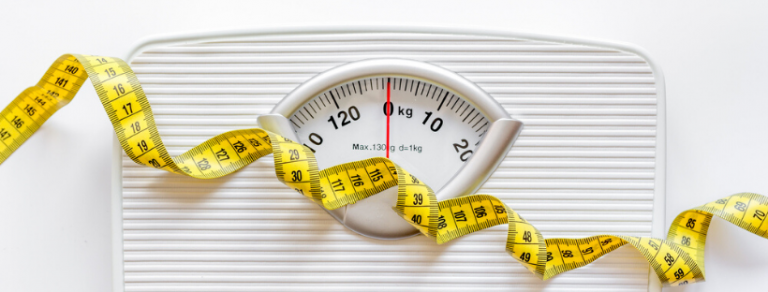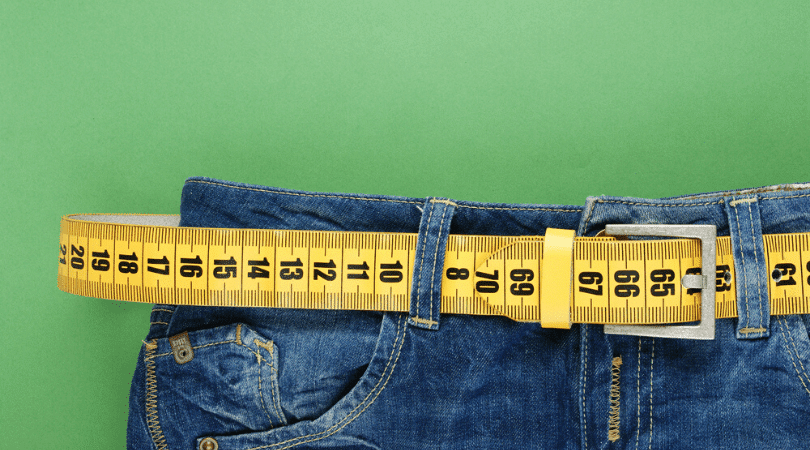CBD, or cannabidiol, occurs in the cannabis plant and is gaining popularity among those who like plant-based products. The cannabis plant has many cannabinoids, including CBD and THC. Some people think that CBD may help them lose weight, but you might be wondering if it really works.
About CBD
There are many possible ways that CBD can be used. These include potentially fighting anxiety and reducing acne. Today, researchers are looking into CBD as a possible method for losing weight naturally. It might also help users reduce their risk of certain conditions, such as metabolic disorders and diabetes.
Weight Loss and CBD
There is some evidence that CBD might help you to lose weight. The way that it might do this is because of how it might work in your body. Your body has an endocannabinoid system built into it. This system responds to different compounds in your body using the CB1 and CB2 receptors.
Usually, the CB1 receptors can be found in your central nervous system and in your brain. They are not found as much in the rest of your body. On the other hand, you can find the CB2 receptors in your whole body. However, for those who are obese, the CB1 receptors are found in more areas, especially in the fatty tissue. This means that there might be a link between obesity and the CB1 receptors becoming active.
When you use CBD, it will not directly activate your CB receptors. Instead, it will trigger your body to naturally produce cannabinoids that will either activate or block the receptors. That might be what contributes to certain metabolic functions, such as weight loss.
Some people believe CBD can affect the body in several ways, including reducing appetite, burning fat, and reducing the risk of certain metabolic disorders.

Reducing the Appetite
Some people believe that CBD might reduce your appetite, which can help you lose weight. You might think that cannabis stimulates your appetite since those who smoke weed often are hungrier than usual after smoking. THC, which is the psychoactive component of cannabis, can make you feel hungrier. However, CBD does not have this effect. In fact, it may actually have the opposite effect.
The reason for this is that THC will activate the CB1 receptors in your body and stimulate your appetite. But there also are CB1 receptor antagonists that might actually reduce your appetite and control your obesity. The antagonists might deactivate or block the CB1 receptor.
On the other hand, the CBD does not cause the CB1 receptors to be less active, but it might cause other molecules in your body to block the receptors. Blocking the receptors might help reduce your appetite and prevent you from eating more than you need to.
Rat studies have shown that CBD may help reduce appetite. A lot of people believe that it has the same effects in humans. However, there have not yet been any human studies done to examine the way that CBD might reduce appetite.
Burning Extra Body Fat
Some people believe that CBD can melt away your body fat by breaking it down and allowing your body to simply eliminate it as a waste product. There is research that suggests that this might not be too far off from the truth. This is because of the process that is used to turn white fat cells into brown fat cells.
Many researchers believe that brown fat cells are more active than white fat cells. They may burn off your energy as heat, which basically means that they can burn extra calories. Since you need to reduce your calories to lose weight, CBD might help your body to burn off fat faster if it turns your white fat into brown fat.
It is also believed that white fat cells might make you more likely to suffer from other conditions, such as diabetes and heart problems. In studies, the researchers have found that CBD has more than one role in the way that your body interacts with your fat cells. It can help you convert white fat cells to brown fat cells while causing your body to break down the fatty cells more efficiently.

Reducing Your Risk of Metabolic Issues
Studies have shown that there is a link between metabolic disorders, such as high blood pressure, high cholesterol, and type 2 diabetes, with obesity. When you are obese, the CB receptors in your body will become too active, which puts you at a higher risk for these disorders.
When you take CBD, it can help your CB1 receptors to be blocked off, which might make you less likely to be obese. Some research has also shown that when obese rats took CBD, it made their total cholesterol go down by as much as 25 percent. In the study, the antioxidant and anti-inflammatory effects of the CBD also seemed to decrease the rats’ blood sugar levels. Plus, it also seemed to increase the markers for liver health.
Using CBD Safely
Remember that by itself, CBD is not a treatment for obesity. Any supplement or component can’t replace regular exercise and a good diet. Adding CBD to your weight loss plan without eating right will not help you out very much. Everybody is different and needs to have a different dose. If you have more extra weight, then you might need to have a larger dose. Work with your doctor to find the right dose of CBD for you.
Closing Thoughts
The initial research that looks into the weight loss potential of CBD is fairly promising. This might cause more researchers to look into the connection between the two. Even though CBD may be helpful to you when it comes to burning calories, suppressing your appetite, and losing weight, you should always do your research first.
If you want to lose weight, make sure that you eat healthy foods and get enough exercise. Remember that CBD can’t replace another kind of medication that you are taking for a chronic condition. No matter why you want to use CBD, you should always talk to your doctor first since CBD can interact with any medications that you’re currently taking.

